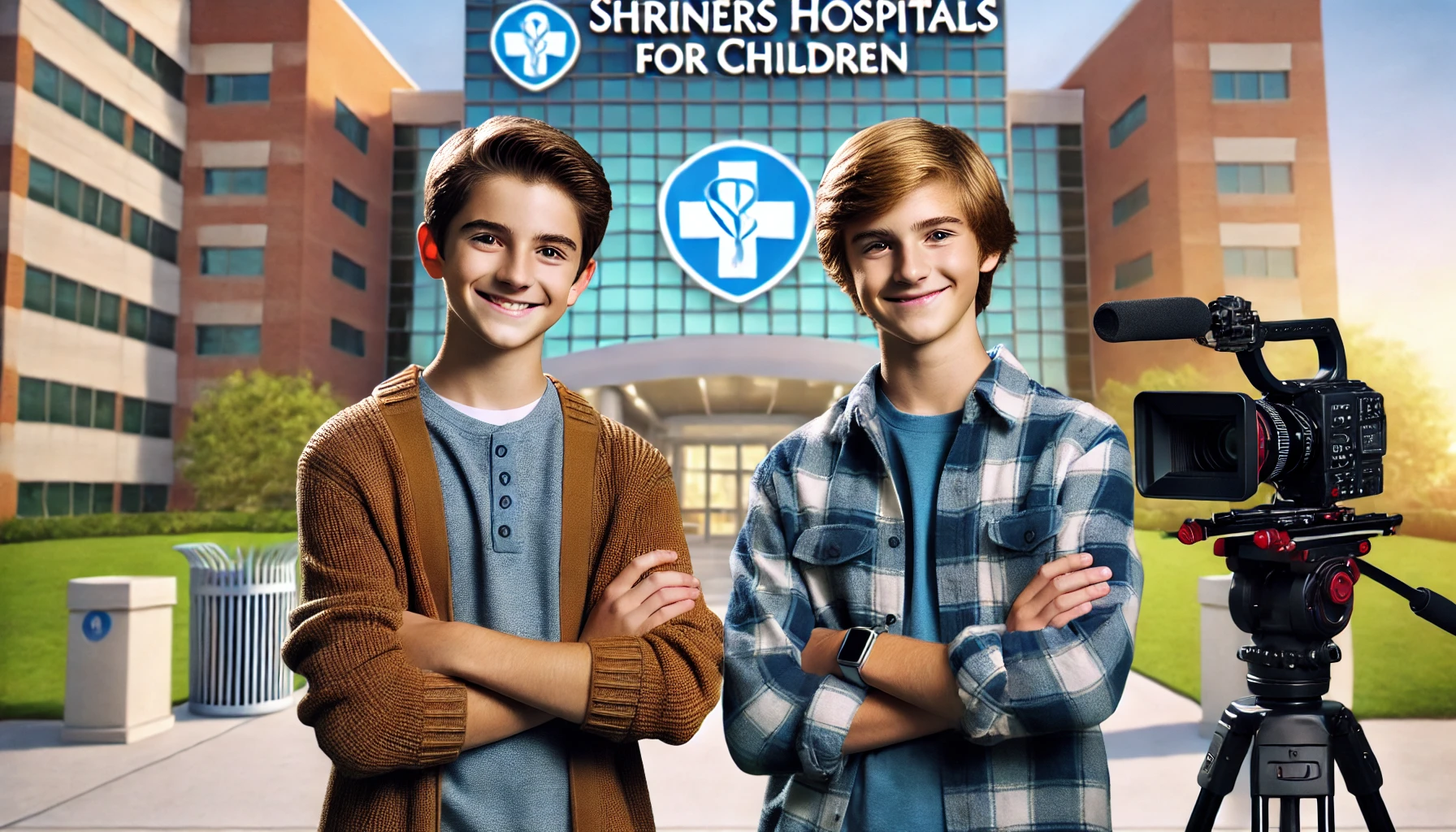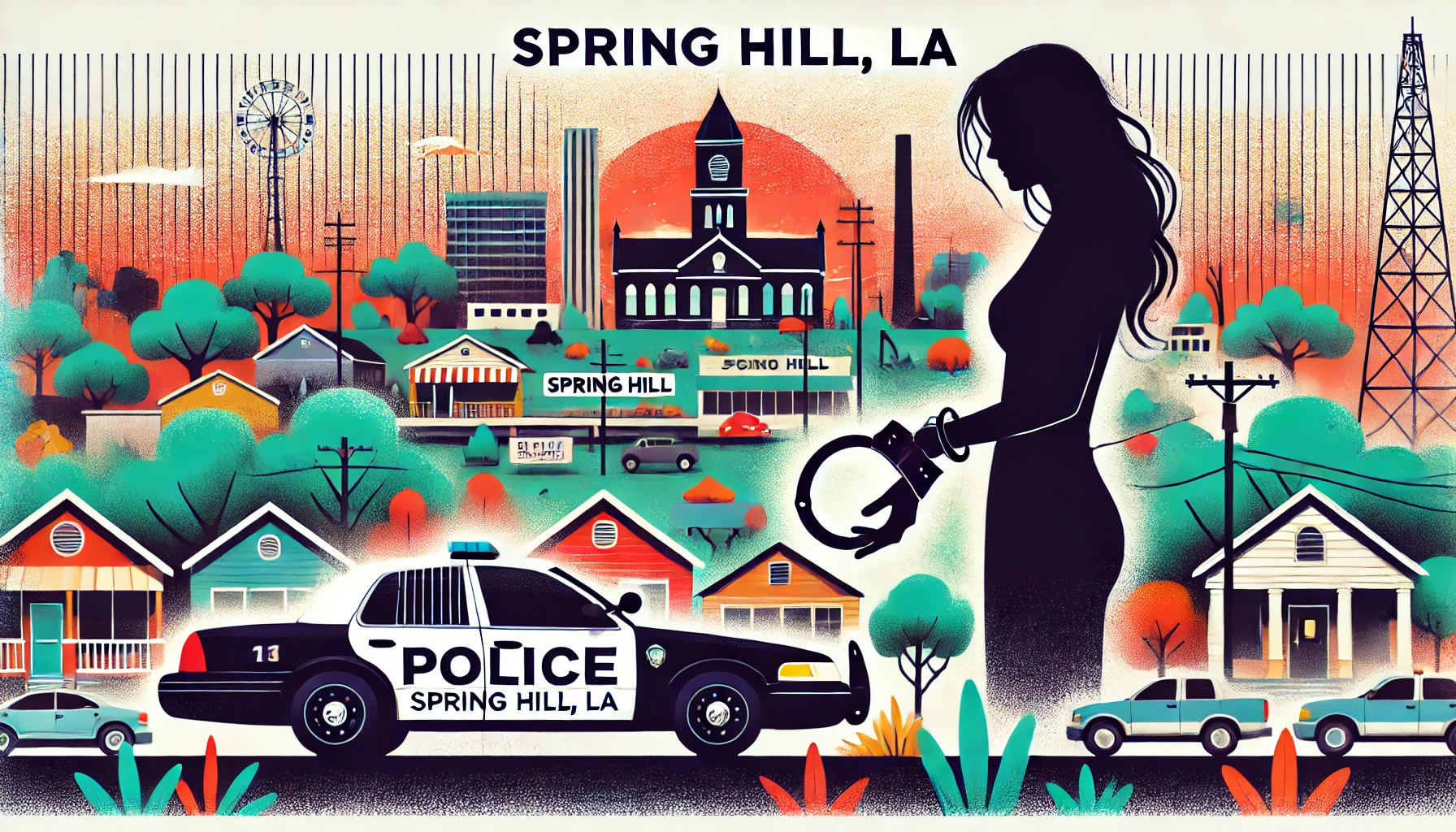Introduction
In the world of advertising, Alec Cabacungan and Kaleb-Wolf De Melo Torres have captured the hearts of millions through their heartfelt commercials for Shriners Hospitals for Children. As these commercials continue to air, many viewers often wonder: do Alec and Kaleb get paid for commercials? This article takes a deep dive into their journey, their role as spokesmen, and the details behind their compensation while also shedding light on the broader landscape of child actors in nonprofit advertising.
Who Are Alec and Kaleb?
Do Alec and Kaleb get paid for commercials? Alec Cabacungan and Kaleb-Wolf De Melo Torres are more than just familiar faces from television ads. They are young ambassadors who have become symbols of resilience and hope for children facing serious medical challenges. Alec, born with osteogenesis imperfecta, also known as brittle bone disease, has been receiving care at Shriners Hospitals since he was just two months old. Kaleb, born with a similar condition, has undergone over 200 fractures and multiple surgeries from a very young age. Together, they have shared their stories in Shriners commercials, raising awareness and inspiring millions.
What Do Alec and Kaleb Represent for Shriners Hospitals?
Alec and Kaleb are patient ambassadors for Shriners Hospitals for Children, a nonprofit organization that provides free or low-cost specialized pediatric care. Their presence in commercials does more than promote the hospital—it humanizes its mission. By featuring real patients, Shriners effectively raises awareness and generates donations, highlighting the transformative care they offer to children in need.
Do Alec and Kaleb Get Paid for Commercials?
Yes, Alec and Kaleb do receive compensation for their appearances in commercials. However, their compensation differs from that of actors working in for-profit advertising. Shriners Hospitals for Children is a nonprofit organization, and the compensation structure reflects that. Alec and Kaleb’s earnings typically include:
- Base Pay: A set amount for their participation in each commercial.
- Residuals or Royalties: Payments that continue over time as the commercials are re-aired on various platforms.
- Non-monetary Benefits: Both Alec and Kaleb also receive medical care at no cost and enjoy opportunities to travel for commercial shoots or special events.
While exact figures are not publicly available, industry standards suggest that for similar national campaigns, child actors can earn anywhere from $5,000 to $50,000 or more, depending on various factors like ad reach and brand prominence.
Behind the Scenes: How Are These Commercials Created?
Creating commercials featuring Alec and Kaleb is a collaborative effort between Shriners Hospitals and the young spokesmen. The process often starts with concept development, where the hospital’s marketing team and Alec and Kaleb’s families discuss the message and tone of the campaign. From there, the filming process begins, often involving several takes to capture the right moments. Given the boys’ engaging personalities, much of the content feels natural and unscripted, which helps create a personal connection with viewers.
The commercials are carefully crafted to emphasize the hospital’s mission while showcasing Alec and Kaleb’s infectious optimism, making them powerful tools for fundraising and spreading awareness.
How Much Do Alec and Kaleb Earn From Their Commercial Work?
Do Alec and Kaleb get paid for commercials, their exact compensation remains private. It’s important to note that nonprofit advertisements often compensate differently than traditional ads, but considering the significant national exposure Alec and Kaleb receive, their earnings likely include:
- Upfront Base Pay for appearing in the commercials.
- Residuals, which are ongoing payments for re-airings.
- Travel and Event Participation Fees when they attend special events or public appearances for Shriners Hospitals.
In the for-profit sector, child actors typically earn more depending on the reach of the commercial. National commercials, for example, can bring child actors thousands of dollars per day, plus residuals. While Alec and Kaleb’s work for a nonprofit may be compensated differently, it is clear that their contributions are valued.
The Legal and Ethical Considerations for Child Actors in Nonprofits
Do Alec and Kaleb get paid for commercials? Child actors in nonprofit advertisements, such as Alec and Kaleb, are subject to the same legal protections as those in the commercial sector. Child labor laws ensure their working hours are limited and that a portion of their earnings is safeguarded in trust accounts. Additionally, ethical guidelines help protect young actors from exploitation, ensuring their work does not interfere with their education or personal development.
For nonprofit organizations, there is also an ethical obligation to balance the promotion of their mission with the well-being of the children involved. Shriners Hospitals has demonstrated a strong commitment to providing care and opportunities for Alec and Kaleb while maintaining transparency in their advertising practices.
The Impact of Alec and Kaleb’s Work on Shriners Hospitals
Alec and Kaleb’s roles have had a tremendous impact on Shriners Hospitals for Children. Their commercials have not only raised awareness but have also contributed to significant fundraising efforts. The connection that viewers feel towards Alec and Kaleb encourages donations and support for the hospital’s services.
These campaigns help raise millions of dollars annually, which allows Shriners to continue providing free or low-cost medical care to children with serious conditions. By sharing their personal journeys, Alec and Kaleb play a crucial role in spreading the hospital’s message of hope and healing.
Future Prospects for Alec and Kaleb
As Alec and Kaleb continue to grow, their futures are bright with possibilities. While their current focus is on their roles as ambassadors for Shriners Hospitals, they could transition into other areas such as:
- Expanded Media Roles: Alec and Kaleb’s experience in front of the camera could lead to future opportunities in television, film, or social media platforms.
- Advocacy and Public Speaking: They could become even more prominent advocates for pediatric healthcare and disability rights.
- Philanthropy: Both Alec and Kaleb could use their influence to support other causes and nonprofits in the future.
Whatever paths they choose, Alec and Kaleb’s work has already left a lasting impact on the world of nonprofit advertising.
FAQs
How much do alec and kaleb get paid for commercials?
While exact figures are not publicly available, estimates suggest that child actors in similar roles could earn anywhere from $5,000 to $50,000, depending on the commercial’s reach and success.
Are Alec and Kaleb considered professional actors?
Though Alec and Kaleb are not professional actors in the traditional sense, they are compensated for their work and have garnered national attention through their commercials.
How do Alec and Kaleb balance their roles with school?
Both Alec and Kaleb are supported by their families and talent management, ensuring that their roles as ambassadors do not interfere with their education and personal development.
What is the role of Shriners Hospitals for Children in these commercials?
Shriners Hospitals for Children uses these commercials to raise awareness and funds for their nonprofit mission, providing specialized medical care to children in need.
Conclusion
Alec Cabacungan and Kaleb-Wolf De Melo Torres have become inspiring figures through their work with Shriners Hospitals for Children. Do Alec and Kaleb get paid for commercials? Yes, they do, though their compensation also comes in the form of medical care, travel, and exposure that supports their personal growth. Their stories are a testament to the power of storytelling in nonprofit advertising, helping to raise millions for Shriners Hospitals while providing hope to families facing similar challenges.
As they continue their journey, Alec and Kaleb will undoubtedly inspire more people, both through their roles as spokesmen and in their personal endeavors. Their ability to connect with audiences is a shining example of how authenticity and resilience can make a difference in the world.


